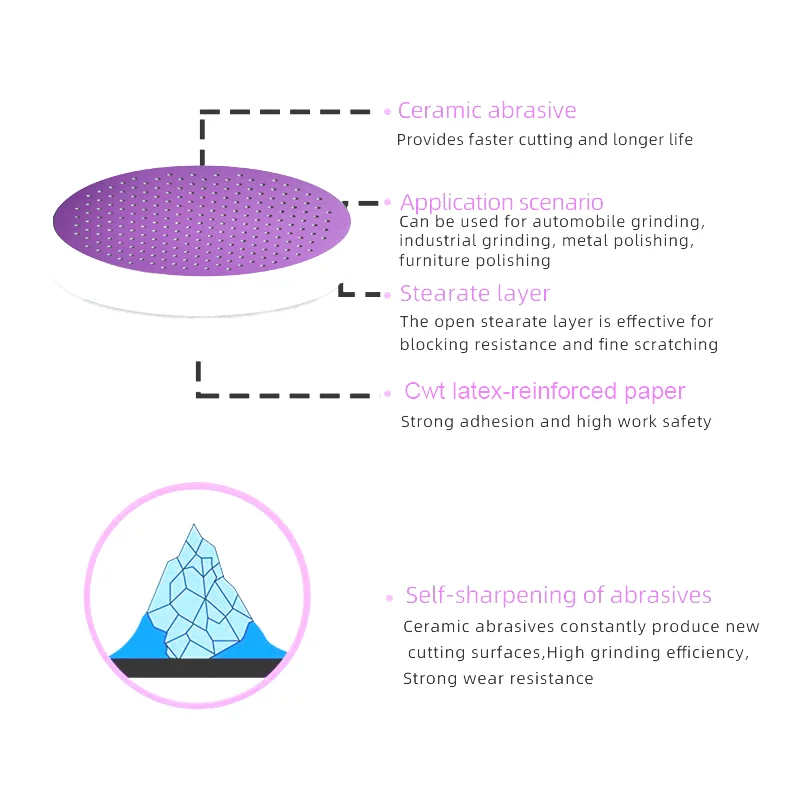In the journey of life, setting goals plays a pivotal role in providing direction, purpose, and fulfillment. Goals serve as guiding beacons, propelling individuals towards personal growth, success, and happiness. However, the process of defining and pursuing goals requires careful consideration and introspection. This article delves into the significance of setting goals, explores various dimensions of life where goals can be established, and provides practical insights on how to create and achieve meaningful goals.
- The Importance of Setting Goals:
Setting goals is crucial for personal development and self-actualization. Goals provide clarity, motivation, and a sense of purpose. They help individuals prioritize their actions, make informed decisions, and stay focused amidst life's challenges. By setting goals, individuals can measure their progress, celebrate achievements, and continuously strive for improvement. - Identifying Life Domains for Goal Setting:
To lead a well-rounded and fulfilling life, it is essential to establish goals across various domains. These domains include:
a) Career and Professional Goals:
Setting career goals enables individuals to pursue their passions, enhance their skills, and achieve professional success. It involves defining aspirations, acquiring relevant knowledge, and planning steps towards career advancement.
b) Personal Growth and Development Goals:
Personal growth goals focus on self-improvement, acquiring new skills, and expanding knowledge. These goals encompass areas such as education, hobbies, health, and overall well-being. They encourage individuals to step out of their comfort zones and embrace continuous learning.
c) Relationships and Social Goals:
Nurturing meaningful relationships and fostering social connections are vital aspects of a fulfilling life. Setting goals related to relationships involves strengthening existing bonds, building new connections, and contributing positively to the community.
d) Financial Goals:
Financial stability and security are essential for a stress-free life. Setting financial goals involves budgeting, saving, investing, and planning for future expenses. It enables individuals to achieve financial independence and pursue their dreams without constraints.
e) Emotional and Mental Well-being Goals:
Prioritizing mental and emotional well-being is crucial for overall happiness. Setting goals in this domain involves practicing self-care, managing stress, seeking personal fulfillment, and cultivating resilience.
- Creating Effective and Achievable Goals:
To ensure the success of goals, it is important to follow the SMART framework:
a) Specific: Clearly define the goal, avoiding ambiguity or vagueness.
Example: I will complete a master's degree in my field of interest within the next two years.
b) Measurable: Establish criteria to track progress and evaluate success.
Example: I will achieve a minimum GPA of 3.5 throughout my master's program.
c) Attainable: Set realistic and achievable goals, considering available resources and personal circumstances.
Example: I will balance my studies with part-time work to finance my education.
d) Relevant: Align goals with personal values, aspirations, and long-term vision.
Example: Earning a master's degree will enhance my career prospects and enable me to contribute more effectively in my field.
e) Time-bound: Set a specific timeline for goal completion, providing a sense of urgency and focus.
Example: I will complete all required coursework and defend my thesis within the next two years.
Conclusion:
Setting meaningful goals is a transformative process that empowers individuals to shape their lives, achieve personal fulfillment, and make a positive impact on the world. By identifying goals across various domains, following the SMART framework, and staying committed, individuals can navigate their journey with purpose, resilience, and a sense of accomplishment. Embrace the power of goal setting and unlock your true potential to lead a purposeful and fulfilling life.






